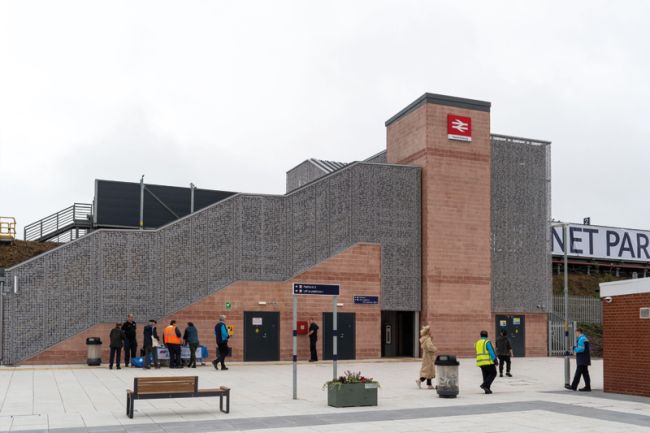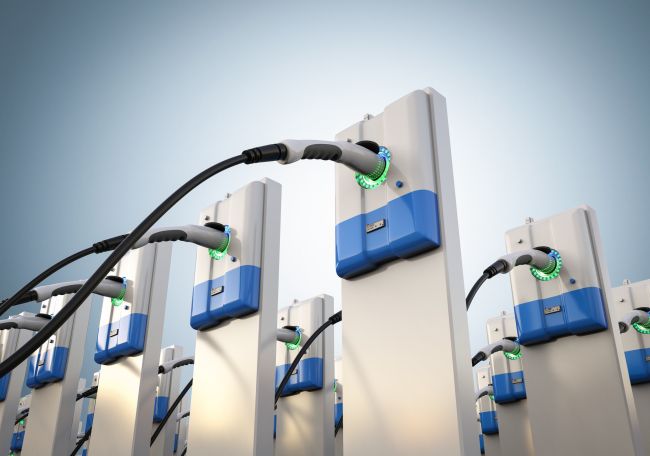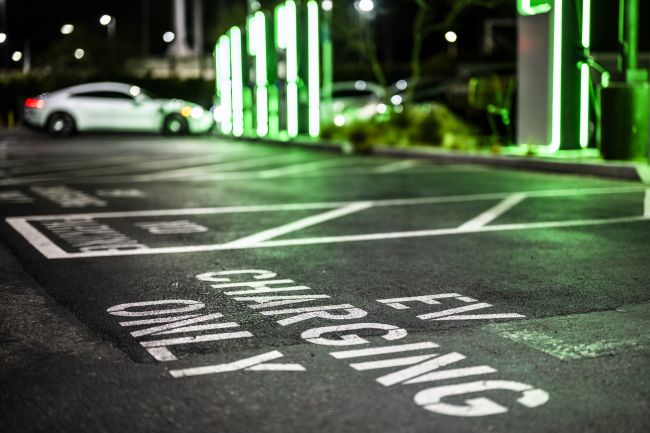Beyond the rails: Why we need to keep the entrepreneurial spirit alive in an era of nationalisation
From AI and decarbonisation to customer experience, private sector innovation still has a crucial role to play.

Over the next few years, we will see a paradigm shift in the ownership and operation of Britain’s railways from private to public hands. Whilst private freight and open access operators are set to remain, the operation of services for the Government will no longer be contracted out but delivered by a government-owned arm's length body.
The Government’s policy proved popular with the electorate after years of media criticism that focused on the complexity, poor reliability and lack of trust by the passenger. Whilst freight customers and neighbours bemoaned the lack of agility and the cost of doing business with the sector. But were the last three decades of private sector innovation all bad?
How the trains are running can (and arguably did in the latter years of the Conservative administration) become a metaphor for the state of the nation, but amid political point scoring, it’s easy to miss that the railway can be a useful outlet for entrepreneurship as well.
Over a 200-year history, the railway has seen entrepreneurs push boundaries all over the globe to shape the industry we see today; developing the mode, extending networks, creating new technologies, and ultimately seeking to build agile railway systems and enterprises.
Entrepreneurs have existed, whether in the private or public sector, and have been integral to rail’s journey. The first chapter of rail’s story is synonymous with entrepreneurs like George Stephenson and Isambard Kingdom Brunel, who founded the Great Western Railway, which opened in 1838 and completed major infrastructure projects we still use today, like the Box Tunnel and Clifton Suspension Bridge.
Into the 20th Century, private sector entrepreneurs were instrumental in both technological advancement, such as the electrification of the Southern Railway network, and aspirational marketing of services such as the ‘Flying Scotsman’ and holiday resorts. Often maligned, British Rail was an innovator, launching Freightliner and the High Speed Train, as well as running award-winning marketing campaigns. More recently, private sector capital has enabled Britain’s connection to mainland Europe via the Channel Tunnel and the transformation of rolling stock fleets.
As we look ahead to the challenges of the coming decades, decarbonisation, AI and tech, and customer experience are ripe to bring solutions from entrepreneurs and private companies who will still have a lot to offer a nationalised rail network.
The University of Birmingham has teamed up with Porterbrook to deliver a hydrogen-powered train, HydroFlex, which has reached a speed of 90mph in the UK.
100% Electric train service Lumo, owned by First Group, has been working to attract passengers from air to rail on routes from London to Edinburgh and Newcastle. In its first year, Lumo attracted one million passengers, and it has seen a modal shift of 57% of travellers choosing rail over air travel compared to a pre-pandemic 35%.
Meanwhile, ticket holders in the Thames Valley could soon be riding on battery-powered trains charged courtesy of the company FastCharge. The batteries, which are retrofitted to old underground rolling stock, are an excellent green alternative for regions where overhead electricity is impractical, not to mention a way to speed up decarbonisation.
In the realm of digital and AI, Future Labs sees LNER, Northern, Transpennine Express, and Southeastern engage with startups to mentor them with the view of eventually integrating successful initiatives into the industry. The 2024 cohort includes Moonbility, a digital company that specialises in predicting and simulating asset failures in the transport sector, Cleancore Intelligence, which uses technology to make cleaning and operating buildings more efficient and Treeva, which creates technology to make renewable energy from the turbulent airflow of passing transport.
Finally, at a time when consumer convenience and customer experience are king, Nomad Digital has revolutionised onboard Wi-Fi and digital services for rail passengers.
A new era beckons for more, not less, entrepreneurship
While in 2025 rail companies may not all be brands with high levels of consumer trust and advocacy, it is undeniable that the marketisation of the sector in the mid-1990s brought new perspectives, ideas and priorities. Decarbonisation, the era of AI and crafting a high-quality service when travellers are used to consumer-centric products is essential. There are still significant challenges for Britain’s railways. At a time of immense change, we can ill-afford to lose the entrepreneurial spirit that has brought so much innovation to our industry.
As we know, not all franchises were successful. Not all commitments delivered or concepts are fruitful for the bidder or the procurer, but that is the essence of entrepreneurship. To be able to take a calculated risk to realise gain and accept that failure is a possibility.
With the vision for a more integrated system and a network that better understands and delivers for local and national markets, the challenges are even greater. However, there is also the possibility of identifying and unlocking further value. Now is the time to create the entrepreneurial environment for the future.
How then does a more publicly owned, specified and funded railway instil, generate and leverage the power of entrepreneurs? How will it draw in the investor perspectives, disciplines and financing? What and where will the new forms of competition be? How will individuals and organisations who innovate, create and take calculated risks be rewarded?



















